There are more than 80 forms of Charcot-Marie-Tooth (CMT) and Inherited Neuropathies (IN). Each requires unique care and consideration among patients, their families, and the medical community.
We are at a critical point in our understanding of these inherited neuropathies.
Differentiating between the many forms of inherited neuropathies is crucial to developing the targeted research, clinical trials, and treatments necessary to address each type of IN.
“I have CMT” is no longer a sufficient diagnosis.
“I have a mutation on my NEFL gene that causes CMT2E” is the detailed diagnosis we want to hear.
But how do we get from here to there?
The Hereditary Neuropathy Foundation (HNF) and Hannah’s Hope Fund (HHF) have partnered together to create the Global Registry For Inherited Neuropathies (GRIN). The registry collects the clinical and genetic information on patients diagnosed with the various forms of inherited neuropathies to help advance therapy development for these debilitating disorders.
This data will enable research scientists to better understand the various types of IN and support the registry’s goal to assist all patients in the quest for a genetic diagnosis. Collecting detailed clinical and genetic information can help scientists learn which genetic modifiers might mitigate disease. The data can help scientists:
- Study why individuals have different symptoms for a particular IN.
- Learn how future treatments work or don’t work for a given patient population.
- Help medical professionals improve how they treat patients with IN.
- Speed up research in IN by collecting information that scientists can use.
- Let patients (or their family) know when they may be eligible for clinical research studies (clinical trials).
The registry data will also capture the attention of critical industry influencers like biotechnology companies. While inherited neuropathies are very common when grouped together, individually each form of IN is rare and many forms are ultra-rare. Therapy development is very expensive, and only recently have industry influencers invested in these rare disorders. The dedicated registry can help encourage engagement and investment by the industry in 3 powerful ways:
- Serve as a resource for centralized clinical and genetic information.
- Access to registrants eager to assist in therapy development by providing tissue samples.
- Access to registrants willing to consider volunteering in clinical trials.
Please consider joining the registry today and help us promote IN awareness, advocacy, and research. Your patient information will be utilized to accelerate the research and clinical trials that could lead to future treatments and cures for various forms of Charcot-Marie-Tooth (CMT), Giant Axonal Neuropathy (GAN), and other inherited neuropathies.
Together we can cure these conditions…we share your urgency. It only takes 30 minutes to make a difference for the future. Please join today!
For more information on the Global Registry For Inherited Neuropathies and to join The Patient Clinical Registry, click here






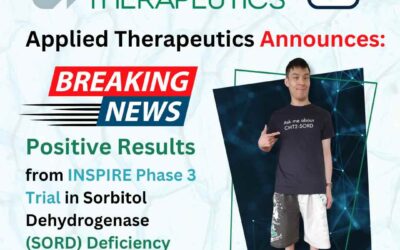
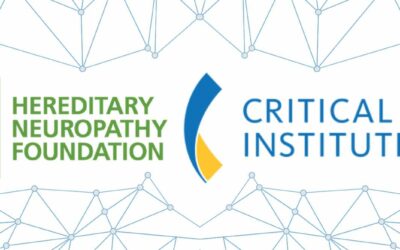
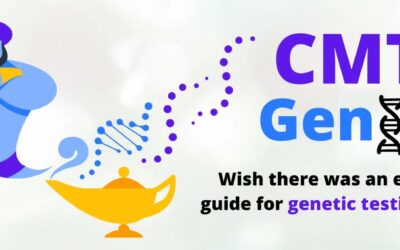
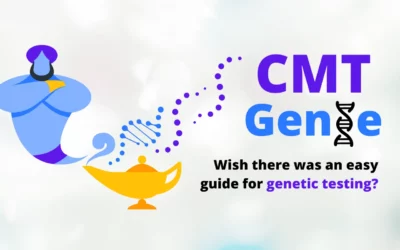
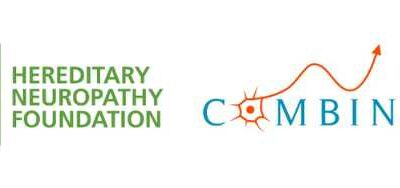
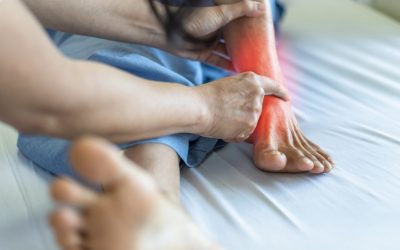
My husband has CMT, he has an identical twin brother that has CMT. His mother has it. His mothers father they think had it and his sister has just been diagnosed with it.
Thanks Carolyn for commenting. Do you know what type of CMT they have? It is important that they all registry for GRIN – http://www.neuropathyreg.org if they haven’t already done so to help accelerate research, as well as being kept informed of clinical trials.
I have cmt1a . That’s all I know!
Hi Amanda,
Please make sure you join the Global Registry for Inherited Neuropathies at https://neuropathyreg.patientcrossroads.org/.
Suffer from sever peripheral neuropathy. My mom also has but not as bad.
James,
I’m sorry you are suffering. Were you able to join the registry?
Courtney
I am 55 years old and was dx with idiopathic small fiber neuropathy Feb 2014, although I’ve been sick with a wide variety of symptoms since childhood now that I know what it is. I also have had breast cancer recently with a known positive mutated gene MRE11A. My mother, aunt, and grandma all suffered greatly from early degenerative debilitating disease and breast cancer. I am certain in my gut that my SFN is hereditary. My local providers have no idea how to approach this to find out. Can you help me? Thank you so much for your time.
My four-year old was diagnosed with CMT type 2, but extensive genetic testing has not yet concluded the sub-type. Any type of help and information is very much appreciated.
Thank you
Hi Myrna, We wanted to check back to see if you were able to get a definitive diagnosis for your daughter. If you need to connect with someone feel free to email us directly at [email protected] and we can talk off line. Thank you for posting.
My son suffers from CMT1A.
Hi Kathy,
Thank you for sharing. Where you able to enter your son into the registry? Please reach out via email if you have any questions or want to get involved.
Courtney
[email protected]
I was diagnosed with CMT about 34 years ago. I do not know which type I have though.
Hi Jill,
Are you interested in finding out what type you CMT have? If so, please reach out via email [email protected]
Thanks,
Courtney